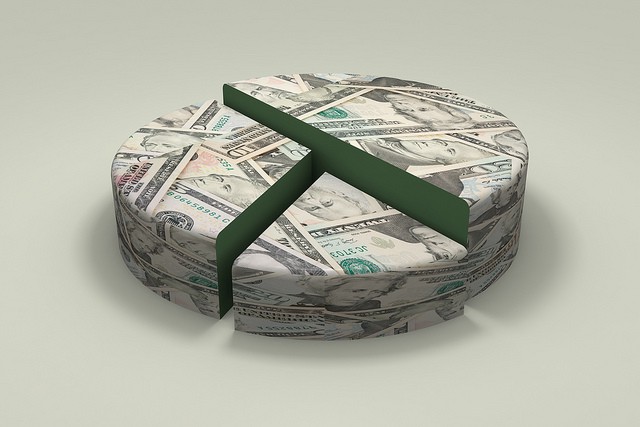How Do You Know When to Stop Spending?

On one of our recent Doing Money posts, our commenters requested that we talk more about the actual making of, and sticking-to-of, budgets.
I’m going to incorporate more budgeting questions into upcoming Doing Money interviews, but I know both from my own experience and from conversations with other people that budgets often tend to go like this:
1. Make budget using hypothetical “ideal spending”
2. Close tab containing budget, let budget float away on proprietary cloud owned by Mint, YNAB, or Google
3. Spend money without consulting budget before each expenditure
I think there are very few of us who open up our budget every morning and say “Okay, I have $134 in Entertainment for this month. Do I want to buy Phantom of the Opera tickets or go see Furious 7 and Paul Blart, Mall Cop 2? Or do I want to subscribe to Jay Z’s new music service Tidal?”
There are probably even fewer of us who open up our budget and say “Well, we’ve got $321 left in Groceries for this month, so let’s figure out exactly how many loaves of bread and boxes of cereal we can buy while still having enough left over for Ben & Jerry’s and a bottle of wine.”
(If you do plan your spending like this, and you want to talk about how you do it with The Billfold, I would love to interview you.)
For the rest of us, I have a question: How do you know when to stop spending?
I tried to answer this question myself, and it’s pretty hard. I don’t, for example, set a limit on how much to spend on groceries every month. How do I know when I’ve spent “too much” on groceries? I know about how much food I eat every month, and I usually eat the same handful of foods, so my spending stays within a certain range — but I don’t ever walk into the grocery store and say “I need to keep this week’s grocery spending under $100.”
Likewise, I never say “I need to keep this month’s eating-out-with-friends spending under $100.” Instead, I agonize over whether I can afford every dinner, and then I go out anyway and have a great time, and then I come back and the spending always works itself out. It would be smarter to say “I can spend $200 on restaurants and bars,” and then know that I need to stop when I hit $200, but I don’t do that.
When I go shopping for clothes, I tend to buy only what I need and nary a T-shirt more. That’s my “how do I know when to stop,” and it keeps me from having closets stuffed with things I don’t wear, but it has very little to do with an actual dollar figure.
I’m sure you get the idea at this point. If you aren’t the person who logs in to Mint every morning and checks your recent spending against your budget, how do you know when to stop spending? What prevents you from buying everything you want as soon as you see it? Is it a vague sense of worry and guilt? Is it a subconscious running tab that you’re keeping in your head? Is it just that you’ve already trained yourself not to buy everything you want, so you can make it through the day without bringing home a cupcake, a new book, and a pack of Post-it notes shaped like fruit? (That’d be what I’d buy, anyway.)
How do you know how much to spend on everything you buy?
How do you know when to stop spending?
Photo credit: StockMonkeys.com
Support The Billfold
The Billfold continues to exist thanks to support from our readers. Help us continue to do our work by making a monthly pledge on Patreon or a one-time-only contribution through PayPal.
Comments